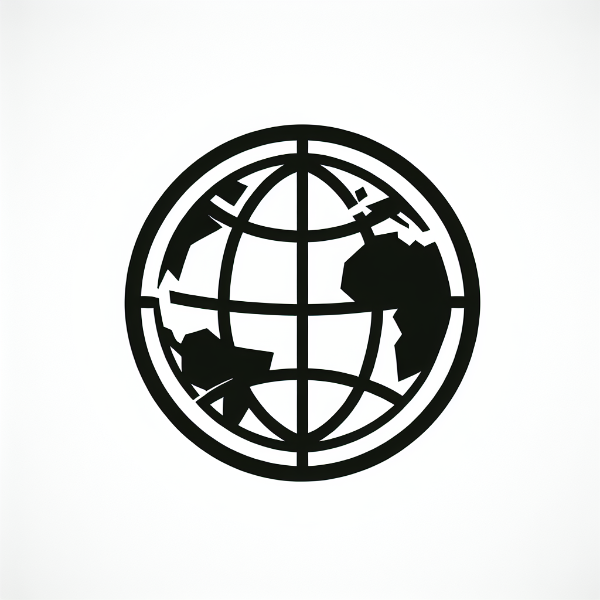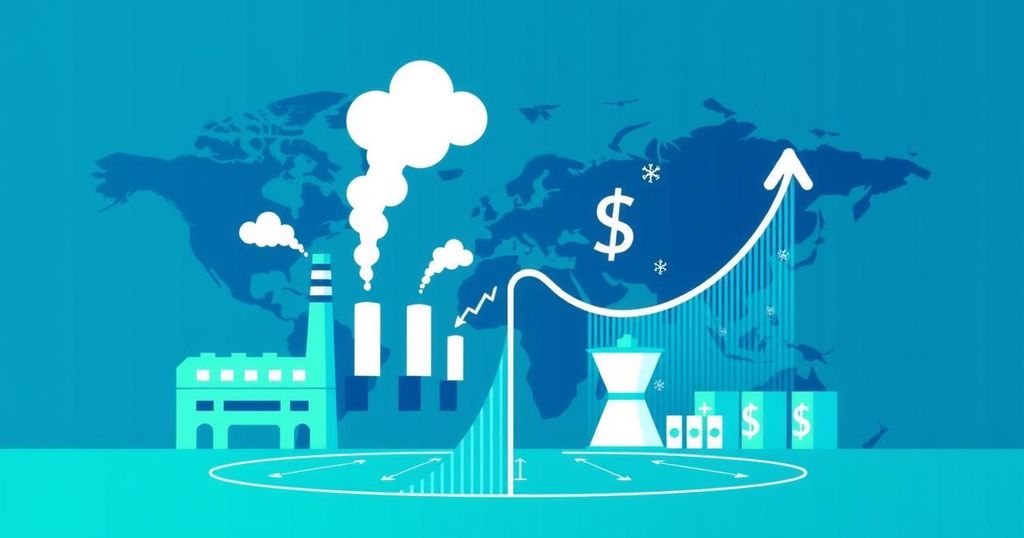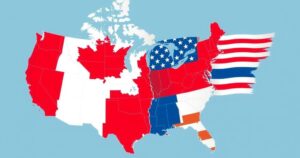Trump Set to Roll Out New Tariffs on April 2
- Trump announces a set of tariffs for April 2, dubbed ‘Liberation Day’.
- Economic experts warn that tariffs could result in higher prices for families.
- Responses from foreign leaders indicate that retaliation may occur.
- The tariffs aim to address trade balances with several nations.
- Experts fear that the tariffs may harm U.S. economic growth in the long run.
What Will the Tariffs Mean for American Families?
Trump’s upcoming tariffs, set to be revealed on April 2, are already stirring up a frenzy of speculation and concern. Dubbed “Liberation Day” by the President, the planned import taxes aim to enhance the sovereignty of the U.S. economy by making it less reliant on foreign goods. While Trump promises these tariffs will be beneficial for American families, most economic experts warn that the reality will likely lead to higher prices for everyday products.
Economic Concerns Surrounding Tariff Implementation
The President has indicated that the tariffs are a way to address trade imbalances with countries like the European Union, South Korea, Brazil, and India. Trump claims that other nations have unfairly benefited from doing business in the U.S., stating, “This is the beginning of Liberation Day in America,” hinting at a strong push against what he sees as exploitation of American markets. However, this rhetoric leaves many worried that the consequent price hikes on goods could hit U.S. families hard, ultimately creating more economic strife, rather than relief.
International Reactions to Trump’s Tariff Plans
Foreign leaders are voicing sharp disapproval of Trump’s hardline stance on tariffs, raising the spectre of international trade wars. Canadian Prime Minister Justin Trudeau characterized the tariffs as the collapse of the U.S.-Canada partnership, while French President Emmanuel Macron described them as “not coherent.” The sentiment is echoed by Chinese officials, declaring that tariffs disrupt global trading. These warnings suggest that retaliation is imminent, and the path forward could very well escalate tensions globally, potentially leading to an economic ripple effect that impacts not just U.S. families but worldwide markets, raising serious questions about the wisdom of such drastic action on trade.
In conclusion, the imminent tariffs announced by Trump raise significant questions about their potential impact on American consumers, the economy, and international relations. While the President frames these measures as necessary for economic liberation, many analysts are skeptical. The fear is that they could lead to higher prices for goods, retaliation from other nations, and a possible downturn for the U.S. economy as a whole.




